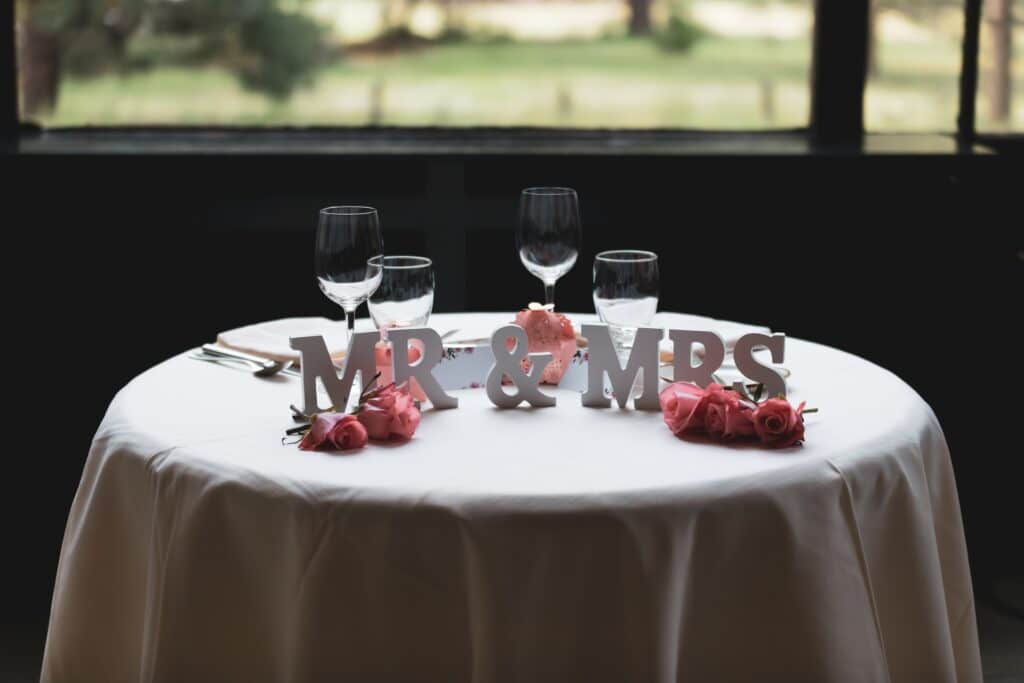
Creating a wedding timeline can be a daunting task for couples planning their big day. It involves coordinating multiple vendors, guests, and events to ensure everything runs smoothly on the wedding day. A well-planned timeline can help alleviate stress and ensure that everyone involved knows what they need to do and when.
The first step in creating a wedding timeline is to determine the wedding date and venue. This information will be crucial in determining the timing of other events, such as when to send out invitations and when to schedule vendor appointments. Once the date and venue are set, the couple can begin working on the timeline in earnest.
One important aspect of creating a wedding timeline is to build in some flexibility. Unexpected delays or changes can happen, and having some extra time built into the schedule can help ensure that everything stays on track. Additionally, it’s important to communicate the timeline with all vendors and members of the wedding party to ensure that everyone is on the same page and knows what is expected of them.
Setting the Date
When it comes to planning a wedding, setting the date is one of the most important decisions that couples will make. Here are some key considerations to keep in mind:
Seasonal Considerations
The time of year that you choose to get married can have a big impact on your wedding day. Summer weddings are popular for their warm weather and longer days, while winter weddings can be romantic and cosy. Spring and autumn weddings can offer beautiful natural scenery and milder temperatures. It’s important to consider the weather and climate of your chosen season, as well as any holidays or events that may affect your guests’ availability.
Venue Availability
The availability of your chosen venue can also play a big role in setting your wedding date. Popular venues may be booked up months or even years in advance, so it’s important to start your search early. Consider whether you want a weekday or weekend wedding, as this can affect availability and pricing. It’s also worth checking whether your venue has any restrictions on the dates or times that weddings can be held.
Significant Dates
Many couples choose to get married on a significant date, such as an anniversary or birthday. Others may choose a date that has personal or cultural significance, such as a lucky number or a religious holiday. While these dates can add extra meaning to your wedding day, it’s important to consider whether they will be practical and convenient for your guests. If you do choose a significant date, be sure to book your venue and vendors well in advance to avoid disappointment.
Overall, setting the date for your wedding requires careful consideration and planning. By taking into account seasonal considerations, venue availability, and significant dates, you can choose a date that works best for you and your guests.
Initial Preparations
Budget Planning
The first step in creating a wedding timeline is to establish a budget. It is important to determine how much money you can afford to spend on your wedding, and then allocate funds to different categories such as venue, catering, and entertainment. Creating a budget will help you to avoid overspending and keep track of your expenses.
To make things easier, consider using a spreadsheet to keep track of your budget. This will allow you to easily adjust your spending as needed and ensure that you stay within your budget.
Guest List Creation
The next step is to create a guest list. Start by making a list of everyone you would like to invite to your wedding, including family, friends, and co-workers. Once you have a rough idea of how many guests you will have, you can start to narrow down your list.
Consider factors such as your budget, venue size, and personal preferences when deciding who to invite. Keep in mind that the more guests you have, the more expensive your wedding will be.
Wedding Party Selection
Selecting your wedding party is an important part of the wedding planning process. Start by deciding who you would like to have as your best man and maid of honour. Once you have chosen your wedding party leaders, you can then select the rest of your bridesmaids and groomsmen.
When choosing your wedding party, consider factors such as personality, availability, and willingness to help with wedding planning. Remember that your wedding party will be an important part of your special day, so choose people who you know will be there for you every step of the way.
Ceremony Planning
When it comes to planning the wedding ceremony, there are a few key elements to consider. From choosing the right officiant to selecting the perfect vows and readings, every detail can make a big difference in creating a memorable and meaningful ceremony.
Choosing Officiants
One of the first decisions to make is who will officiate the wedding ceremony. This could be a religious leader, a friend or family member who is ordained, or a professional wedding officiant. It’s important to choose someone who is comfortable speaking in front of a crowd and who can help create a ceremony that reflects the couple’s beliefs and values.
Vows and Readings
The vows and readings are another important aspect of the wedding ceremony. Couples can choose to write their own vows or use traditional ones, and they can also incorporate readings or poems that have special meaning to them. It’s a good idea to work with the officiant to create a cohesive and meaningful ceremony that reflects the couple’s personalities and values.
Music and Rituals
Music and rituals can also add a special touch to the wedding ceremony. Couples can choose to include live music or pre-recorded songs, and they can also incorporate rituals such as lighting a unity candle or exchanging rings. It’s important to consider the logistics of these elements, such as ensuring that the musicians have the necessary equipment and that the ceremony space is set up to accommodate any rituals.
Overall, planning the wedding ceremony requires careful consideration of each element to create a meaningful and memorable experience for the couple and their guests.
Reception Details
Catering Choices
The catering choices for a wedding reception are a crucial aspect of the event. Couples need to consider the dietary needs of their guests, their budget, and the overall theme of the wedding. Some popular catering options include a sit-down dinner, a buffet, or a food truck. Couples should also consider hiring a catering company that specializes in wedding receptions to ensure that their guests are well-fed and happy.
Seating Arrangements
Seating arrangements are an important detail that can make or break a wedding reception. Couples should consider the size of their guest list and the layout of the venue when deciding on the seating arrangements. They can choose between round tables, long banquet-style tables, or a combination of both. It’s also important to consider the relationships between guests when assigning seats to avoid any potential conflicts.
Entertainment Options
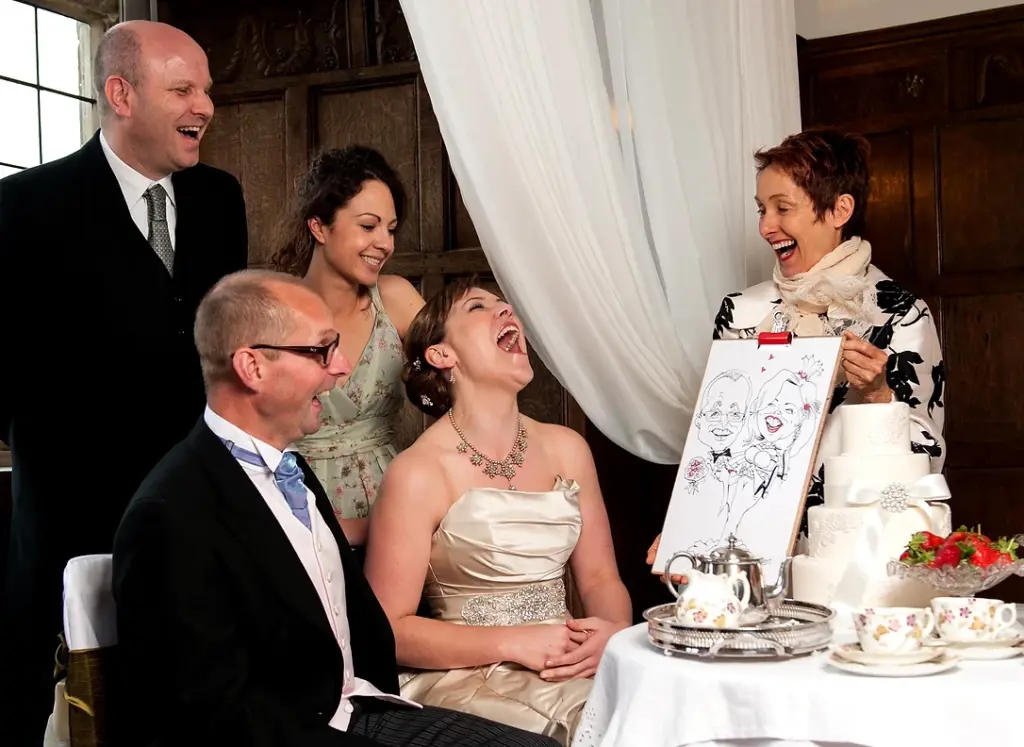

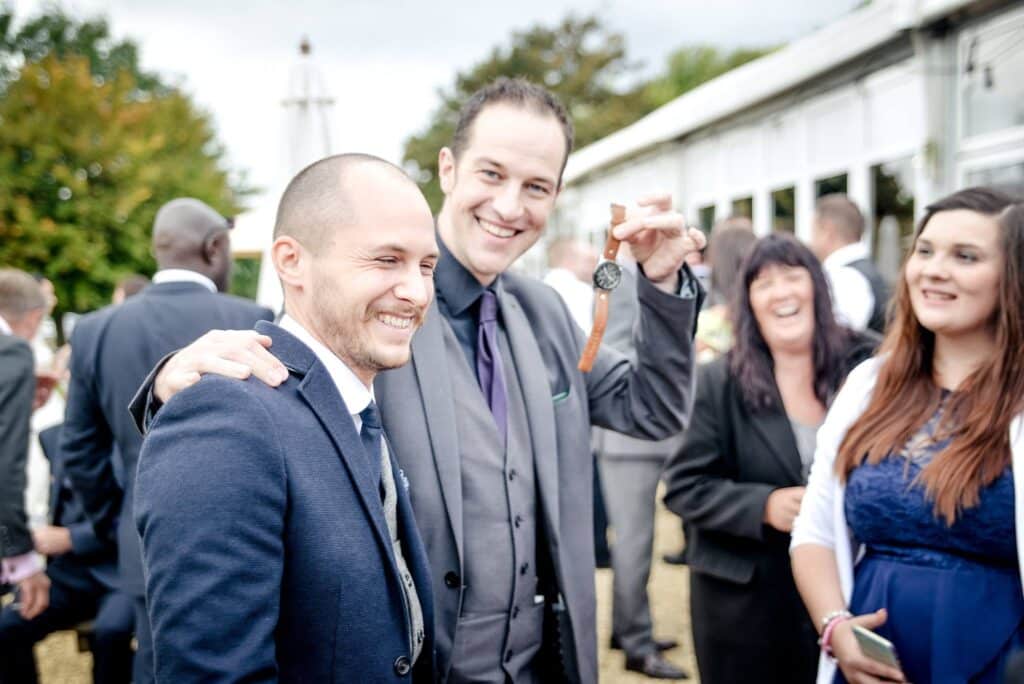

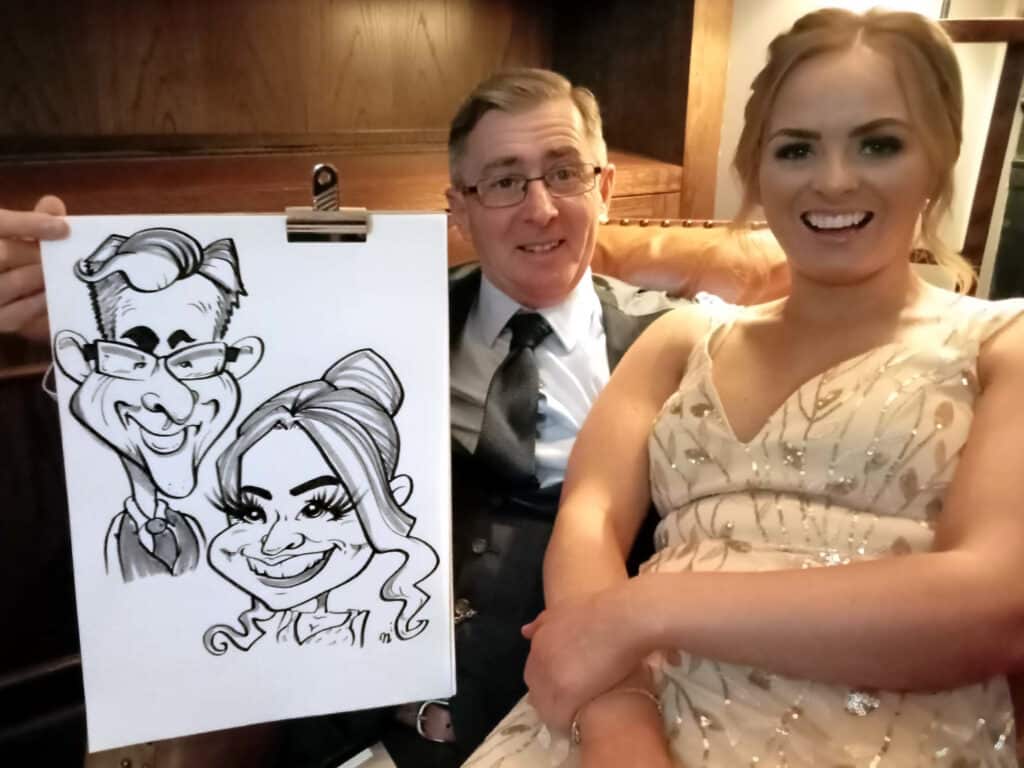

Entertainment is a crucial aspect of any wedding reception. Couples can choose from a variety of options, including a DJ, live band, wedding magicians and wedding caricaturists. They should consider the theme of the wedding and the preferences of their guests when deciding on the entertainment. Couples can also add personal touches, such as a slideshow of their relationship or a special dance performance, to make the reception more memorable.
Final Touches
Dress Rehearsal
The dress rehearsal is a crucial part of the wedding timeline. It allows the bride and groom to run through the ceremony and reception, ensuring that everything runs smoothly on the big day. During the dress rehearsal, the wedding party can practice their entrance and exit, and the bride can ensure that her dress fits perfectly. It is also an opportunity to make any last-minute changes to the seating plan or the ceremony order.
Photography Plan
The photography plan is an important part of the wedding timeline. It ensures that the photographer captures all of the important moments of the day, from the bride getting ready to the first dance. The photography plan should include a list of the must-have shots, such as the first kiss, the cutting of the cake, and the group photo. It is also important to designate a family member or friend to help gather people for the group shots.
Transport Coordination
Transportation is an often-overlooked aspect of the wedding timeline. It is important to ensure that all of the wedding party and guests have a way to get to the ceremony and reception venues. This may involve hiring a shuttle bus or arranging for taxis. It is also important to ensure that the bride and groom have a way to get to the hotel or airport after the reception.
Overall, the final touches are an important part of creating a wedding timeline. The dress rehearsal, photography plan, and transport coordination are all essential elements that will ensure that the big day runs smoothly. By taking the time to plan these details, the bride and groom can relax and enjoy their special day.
Written By Magical Memories
As you plan your special day, don’t forget to book the entertainment! Magical Memories provides professional wedding magicians and wedding caricaturists to bring your big day to life. Our highly skilled performers will keep guests of all ages entertained and amazed with breathtaking close-up magic and hilarious caricatures!

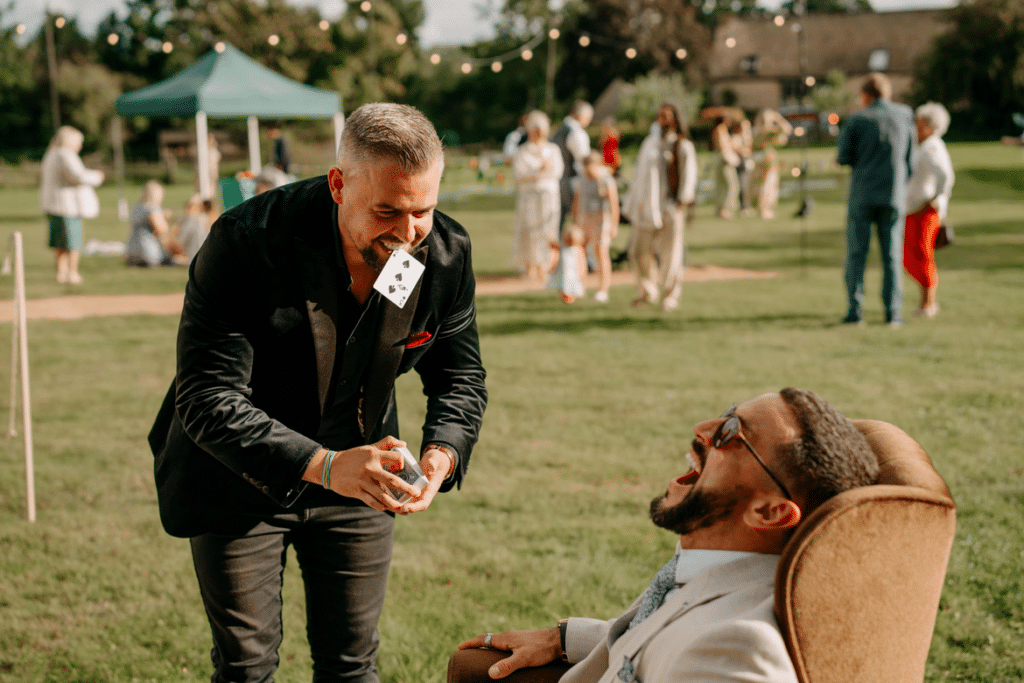


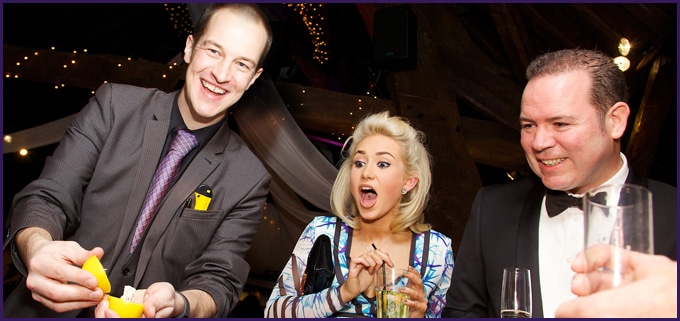


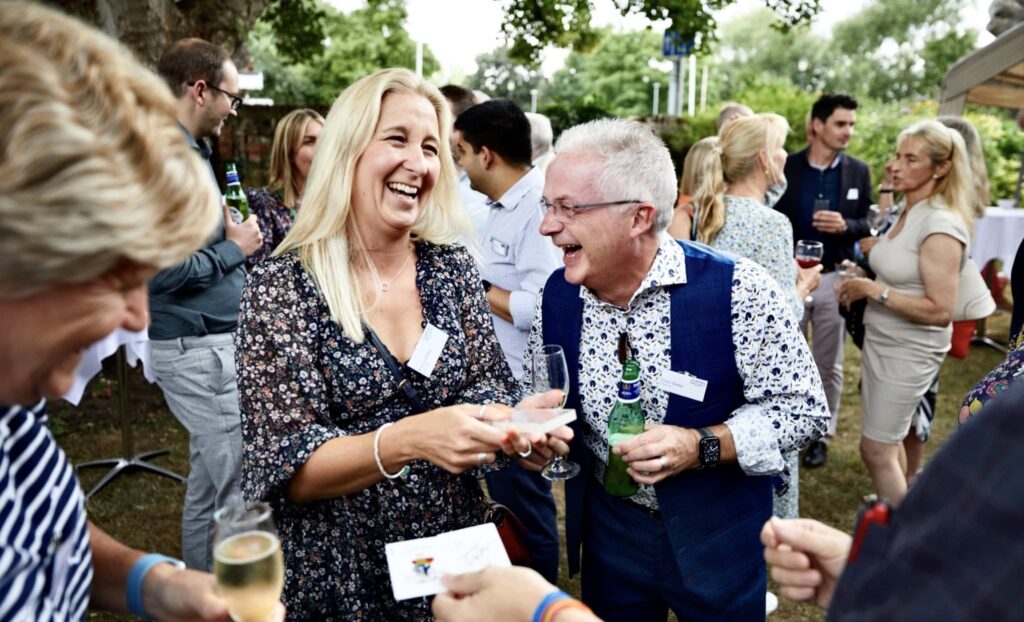

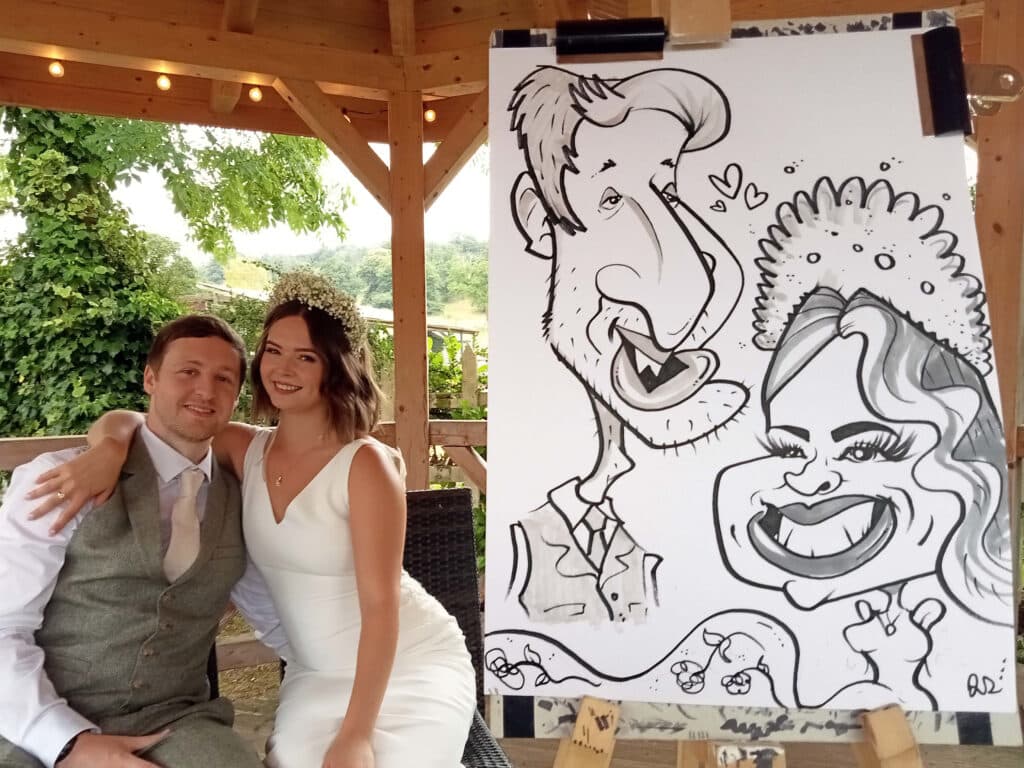



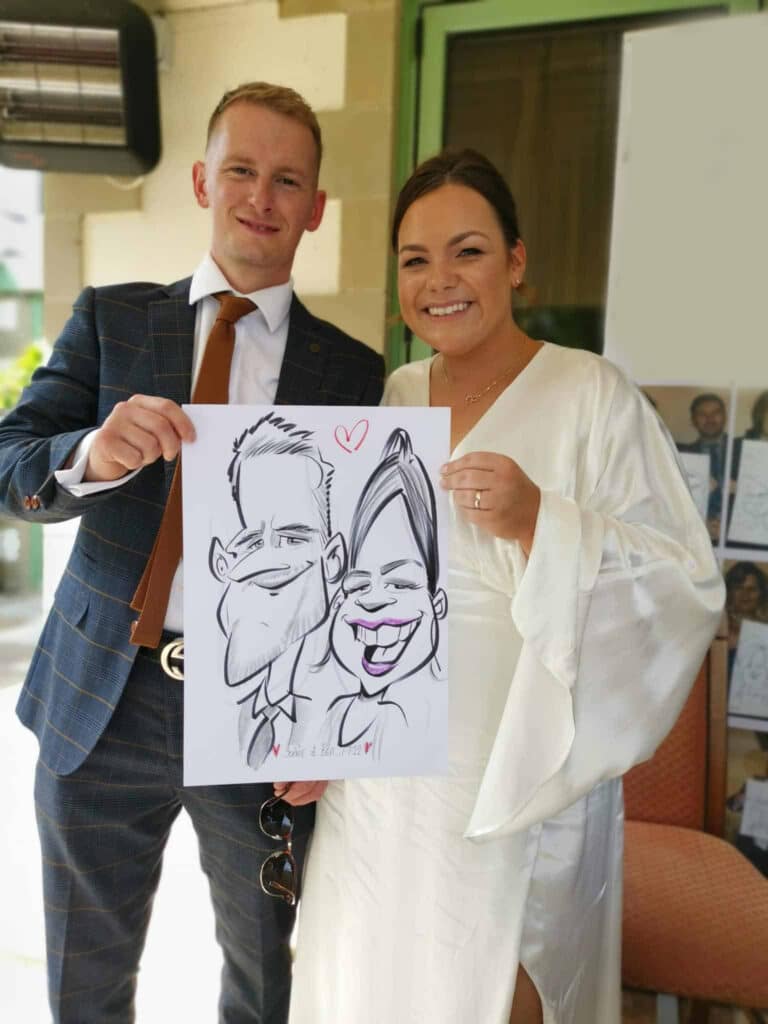

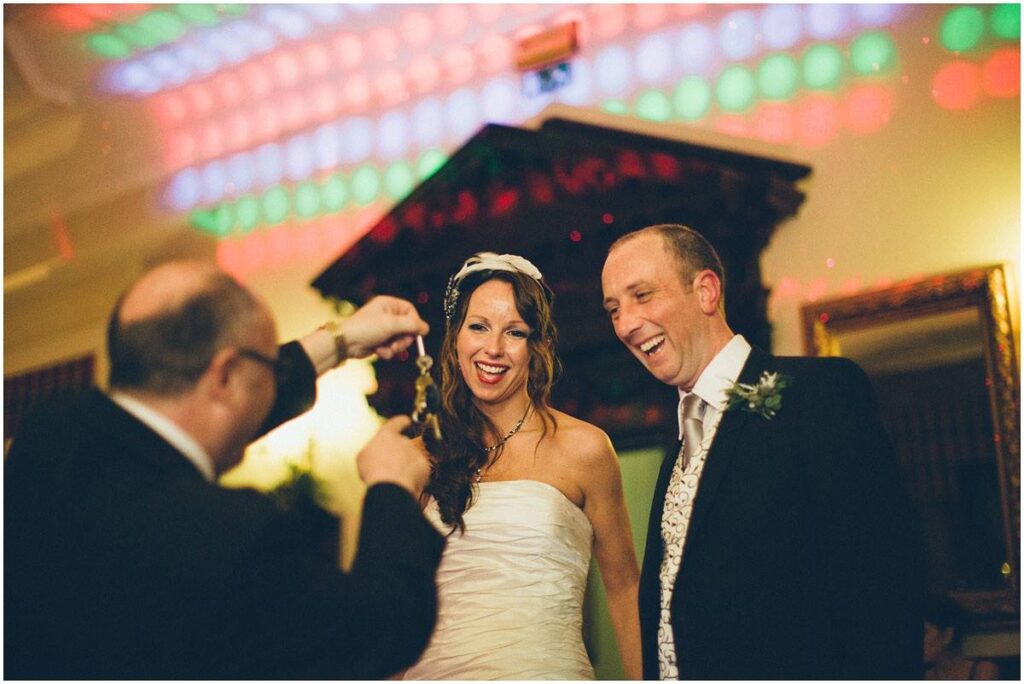
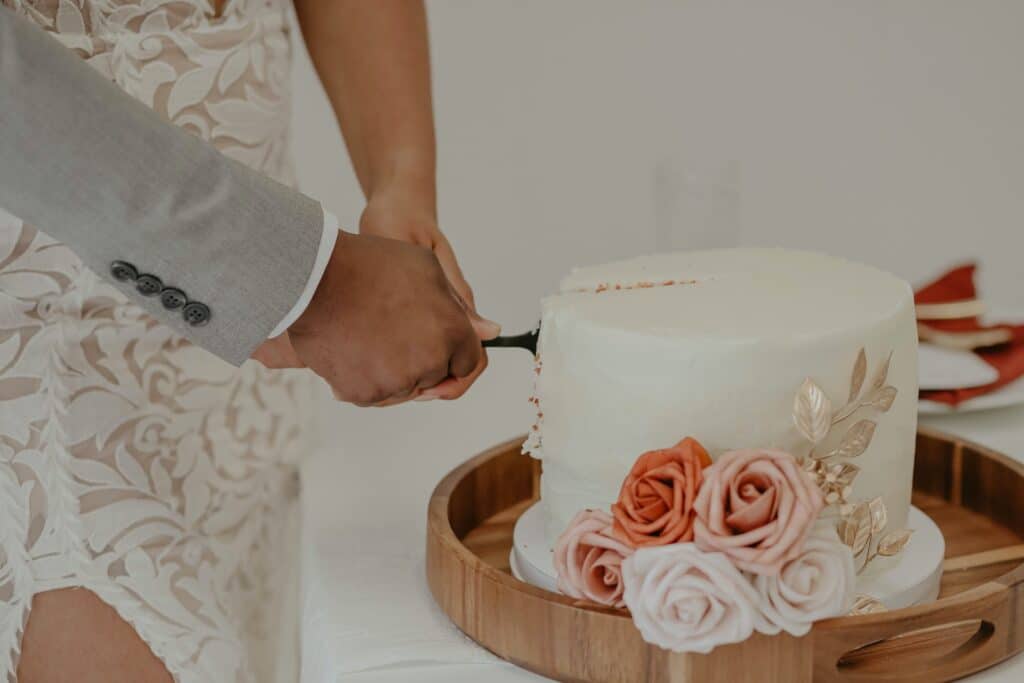

Please get in touch for a free, no-obligation quote today!
